The International Monetary Fund (IMF) staff and Bangladesh authorities have reached a staff-level agreement on the policies necessary to complete the second review of programs supported by the IMF's Extended Credit Facility (ECF), Extended Fund Facility (EFF), and Resilience and Sustainability Facility (RSF).
Chris Papageorgiou, IMF Mission Chief to Bangladesh, announced the staff-level agreement at a press briefing held at the Finance Ministry conference room in the city. The agreement, subject to approval by the Executive Board in the coming weeks, will unlock SDR704.70 million (about US$932 million, equivalent to 66 percent of quota) under the ECF/EFF and SDR166.68 million (about US$220 million, equivalent to 15.6 percent of quota) under the RSF.
During the visit of an IMF mission team led by Chris Papageorgiou from April 24 to May 8, 2024, discussions centered on economic and financial policies for the second review of the IMF's ECF, EFF, and RSF.
Papageorgiou noted significant progress made by authorities in implementing structural reforms under the IMF-supported program, including the adoption of a formula-based fuel price adjustment mechanism for petroleum products. However, challenges persist due to larger-than-expected spillovers from global financial conditions and elevated international commodity and food prices, leading to high inflation and declining foreign exchange reserves.
To address these challenges, Bangladesh Bank has taken bold actions, including realigning the exchange rate and adopting a crawling peg regime with a band, aiming to restore external resilience. Monetary policy tightening and fiscal consolidation are also recommended to alleviate inflationary pressures and support economic stability.
Despite these measures, uncertainties remain high, with risks leaning towards the downside. Therefore, maintaining the reform momentum is crucial, particularly to achieve Bangladesh's goal of reaching upper-middle-income country status by 2031.
Efforts to reduce banking sector vulnerabilities, strengthen financial sector resilience, and prioritize sustainable revenue generation are emphasized. Additionally, building resilience to climate change is highlighted as essential for mitigating macroeconomic and fiscal risks.
The IMF team expressed gratitude to Bangladesh authorities and stakeholders for their hospitality and fruitful discussions, including meetings with State Minister of Finance Waseqa Ayesha Khan, Bangladesh Bank Governor Abdur Rouf Talukder, and other senior government officials, as well as representatives from the private sector, think tanks, bilateral donors, and development partners.



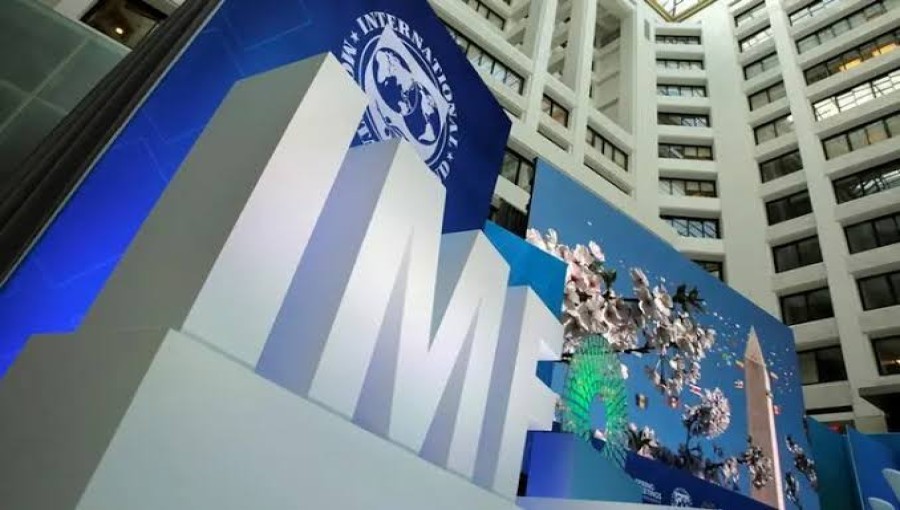






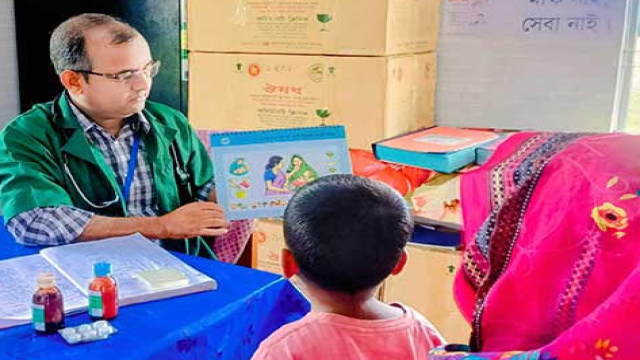



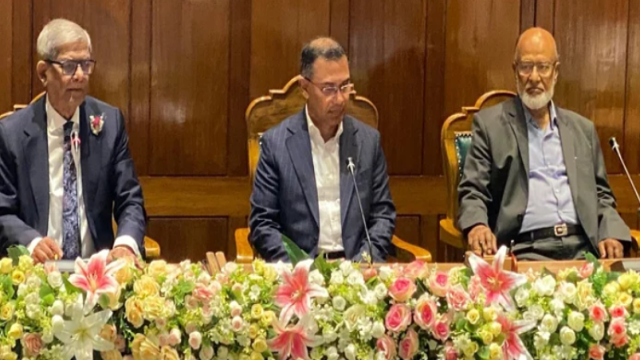

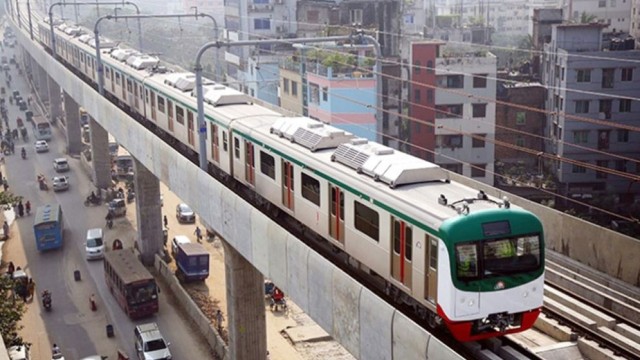

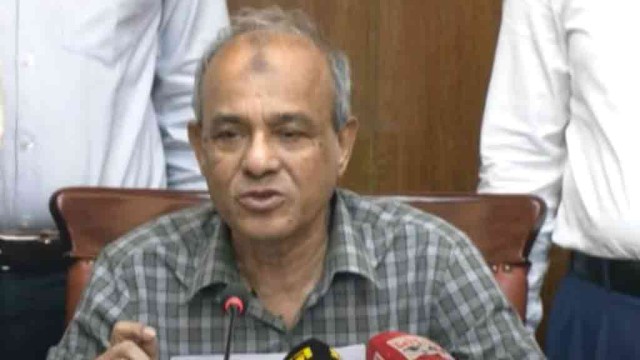












Comment: